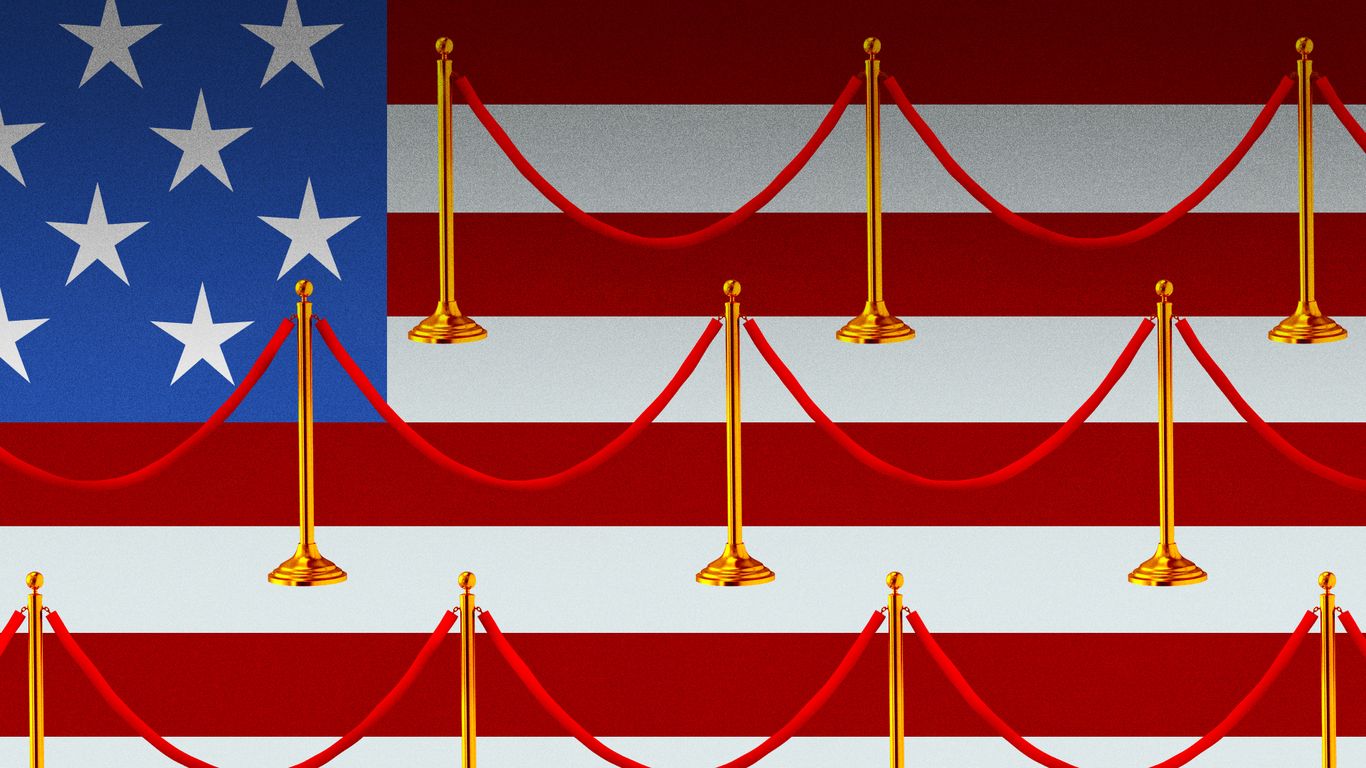
""There's 300,000-plus people applying, and we're handing out visas at random," Neufeld, director of immigration policy at the Institute for Progress, tells Axios. "That seems like an insane way to be picking who's going to be on Team America." "I think one thing that the Trump administration is right about in their critique of some of these programs is that very little is currently done to prioritize the people who are going to be making the largest economic contributions.""
"There is "a grave mismatch between the scale of America's national ambitions for technological leadership and the way it governs high-skilled immigration, its single most reliable comparative advantage," wrote Jeremy Neufeld in a paper from the Aspen Economic Strategy Group. The paper, an earlier version of which was presented this summer to economic policy and business elites at the group's annual meeting, is part of a forthcoming volume on "Advancing America's Prosperity.""
There is a grave mismatch between the scale of America's national ambitions for technological leadership and how the country governs high-skilled immigration, its single most reliable comparative advantage. The H-1B visa program uses a lottery that incentivizes employers to submit large numbers of applications rather than target uniquely valuable workers. Replacing the lottery with a compensation-based allocation, while keeping the current number of slots, would increase the program's economic benefit by an estimated 88% over ten years. The administration raised the H-1B application fee to $100,000 as a blunt incentive toward higher-value use. A more carefully calibrated mix of policies is recommended.
Read at Axios
Unable to calculate read time
Collection
[
|
...
]